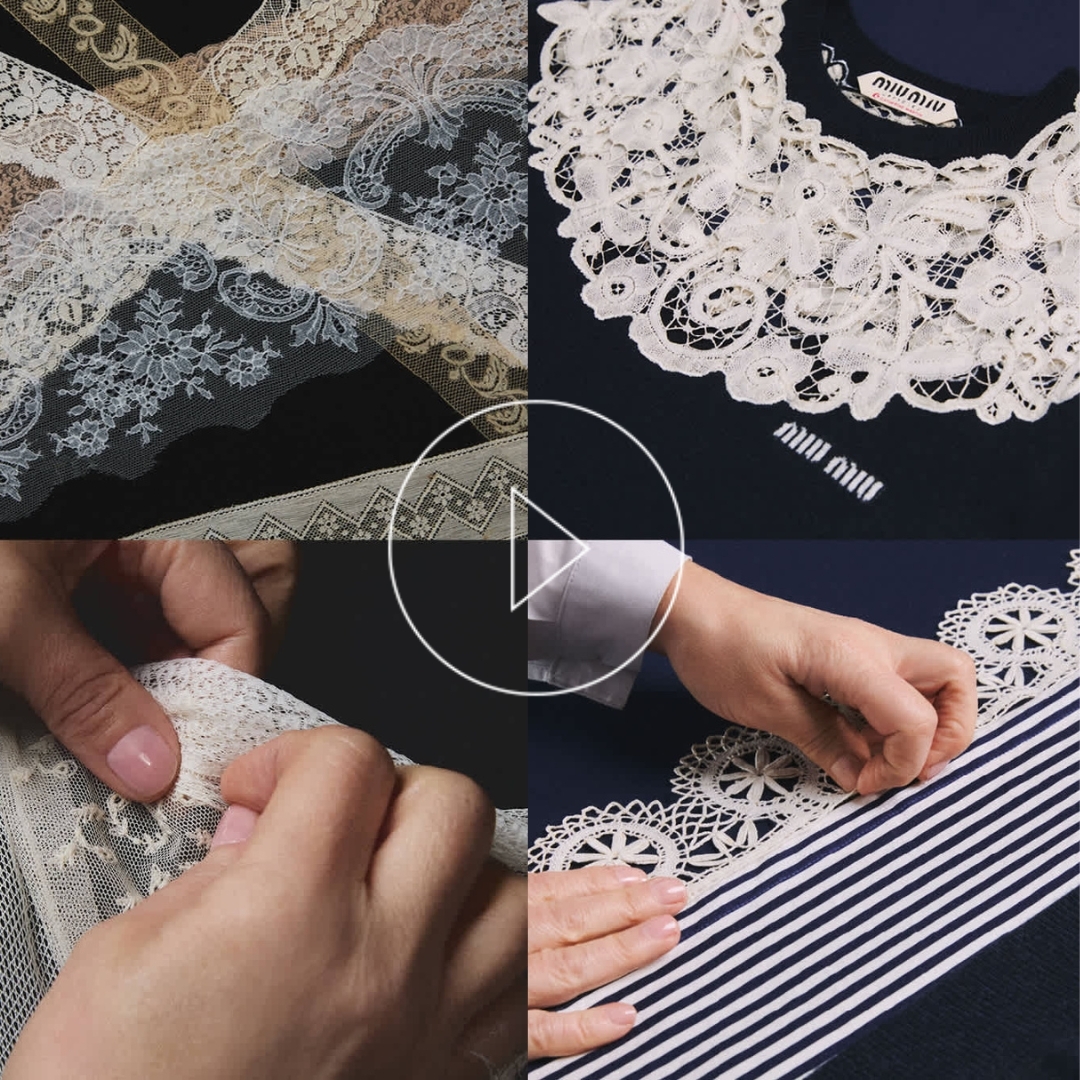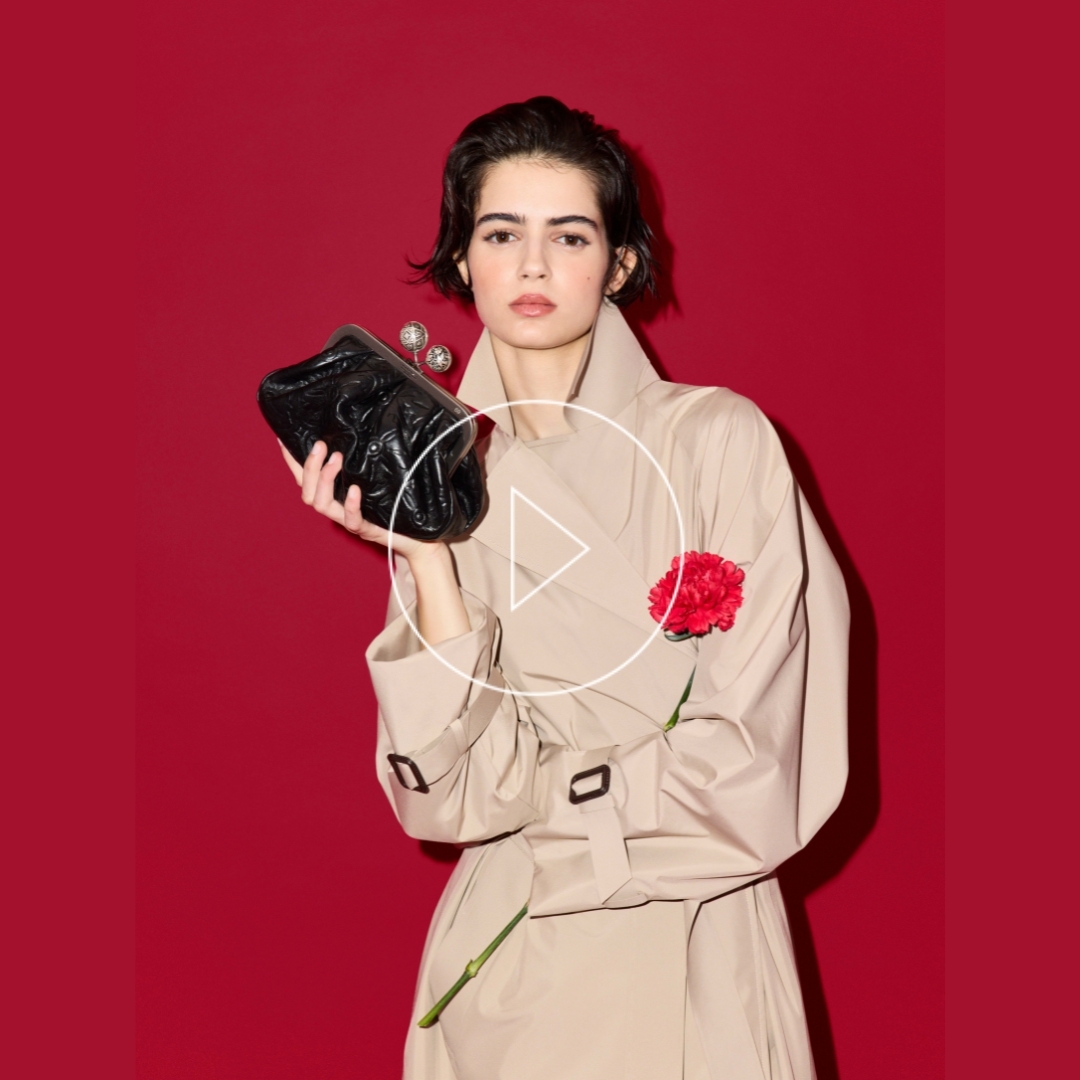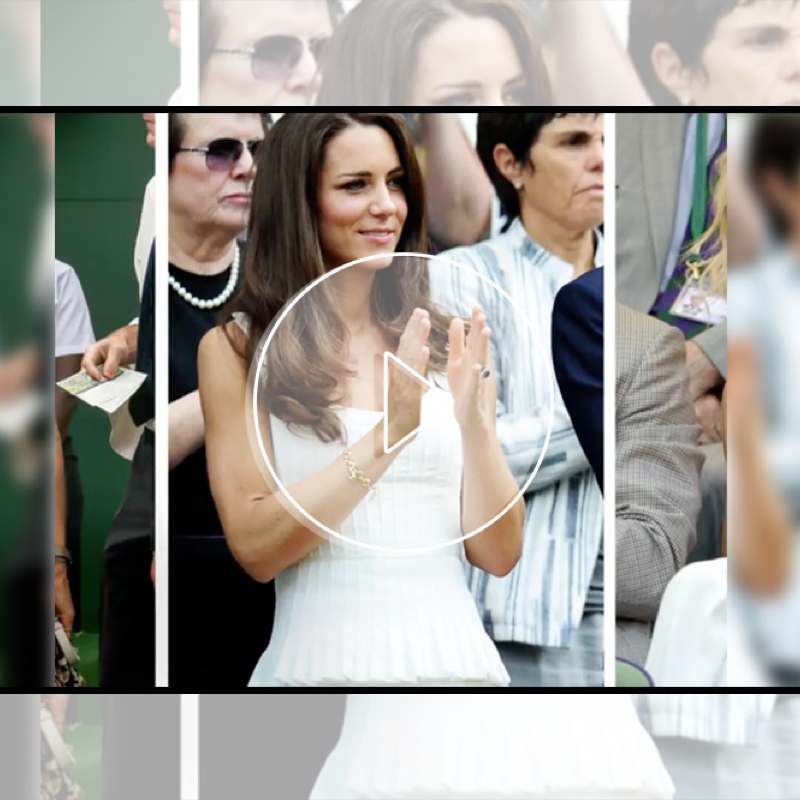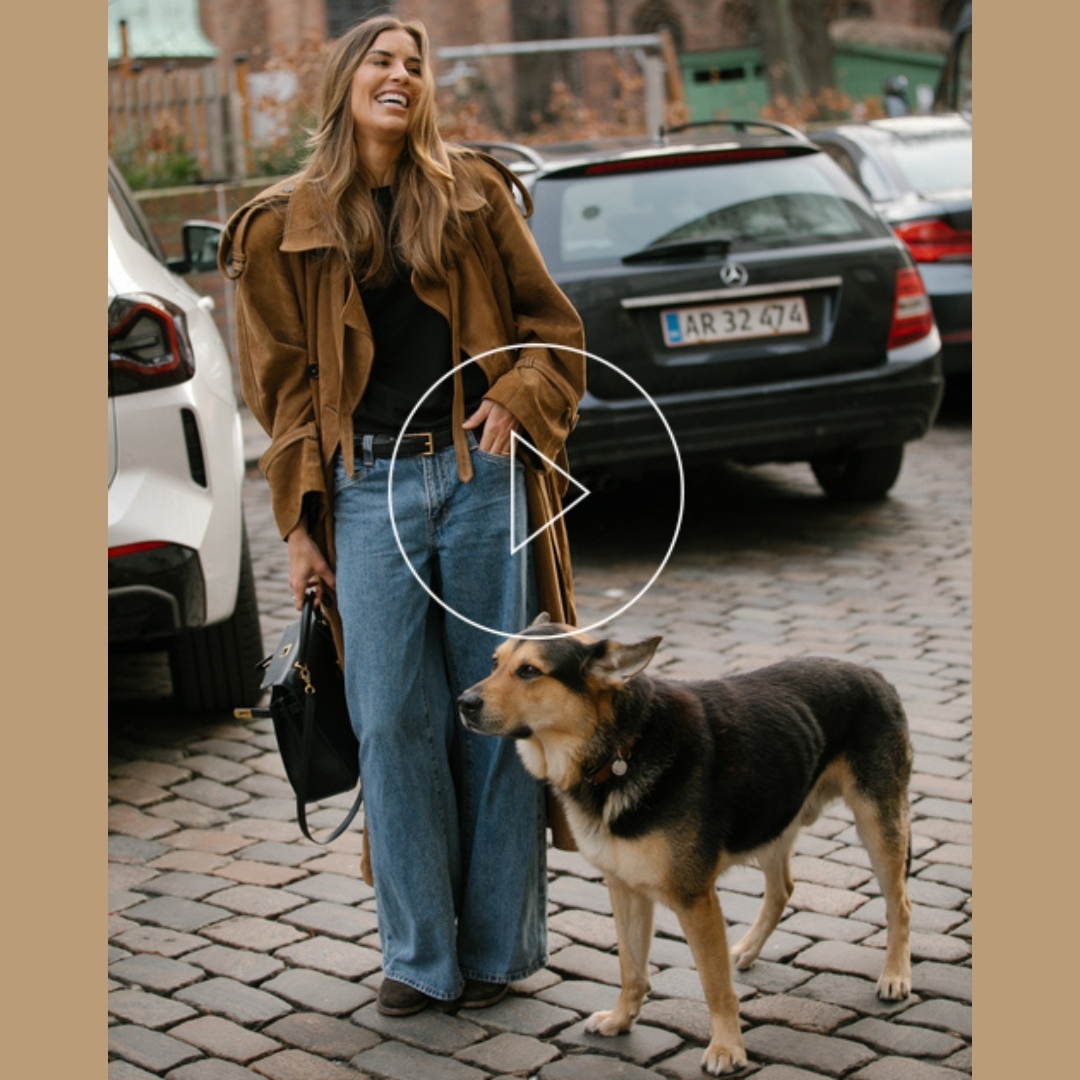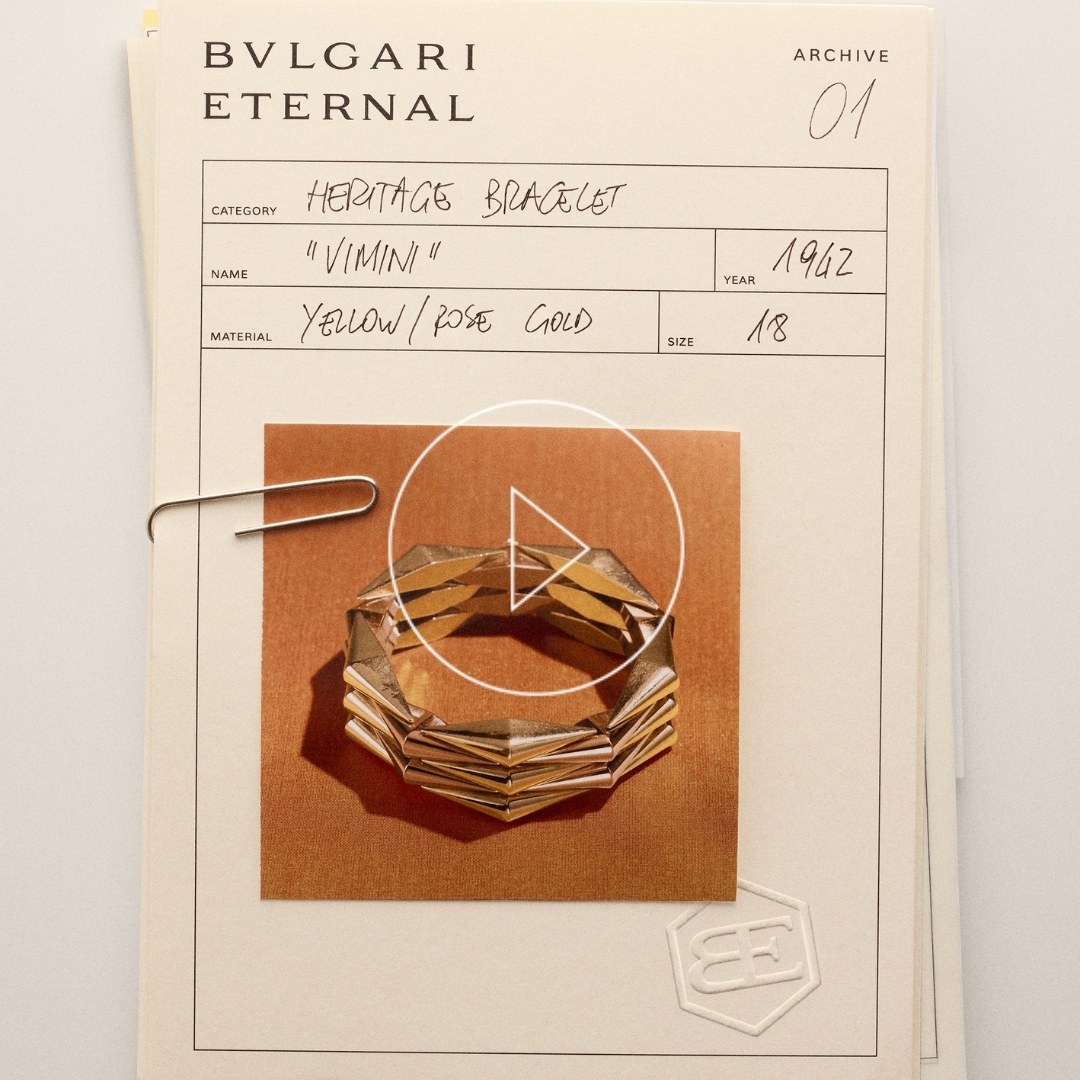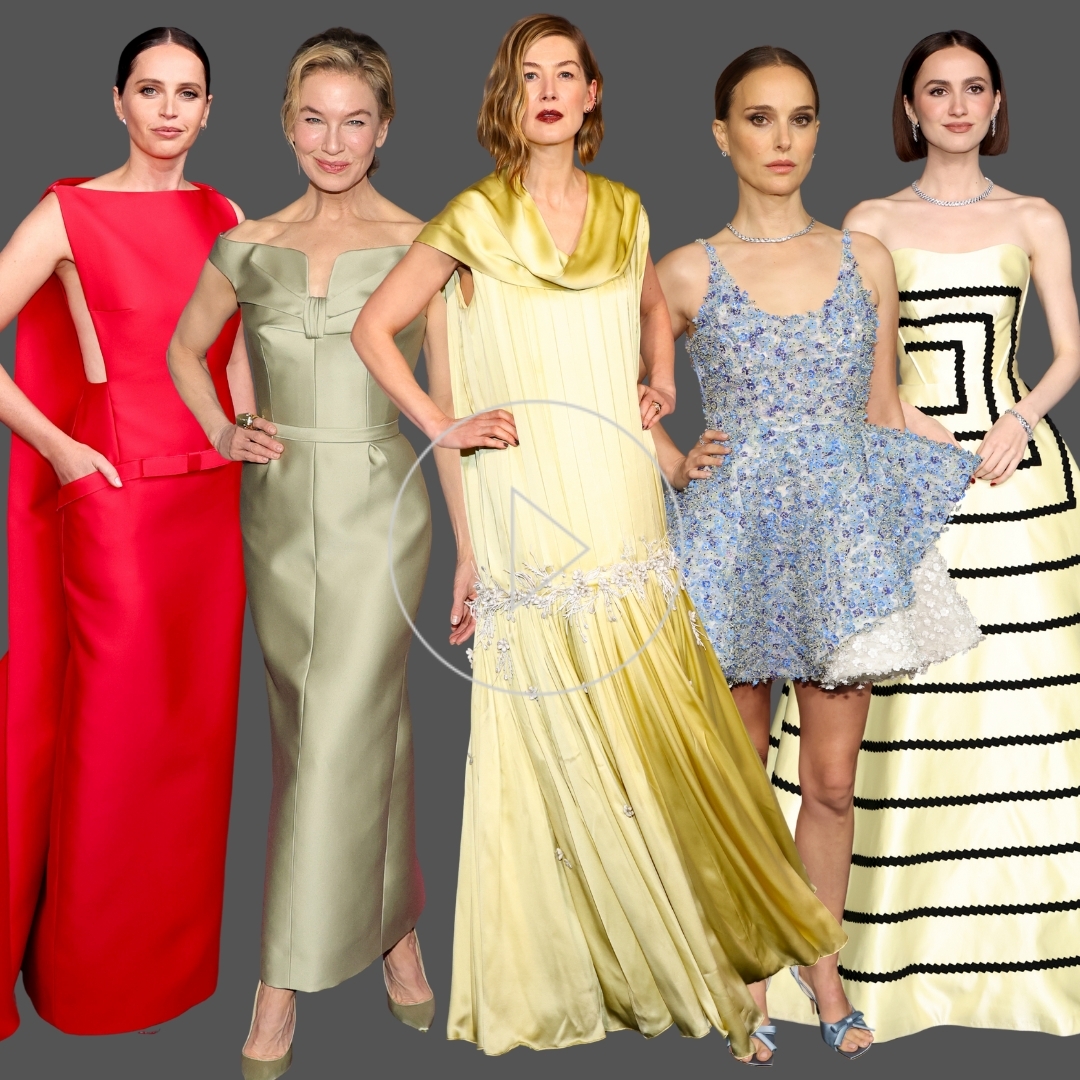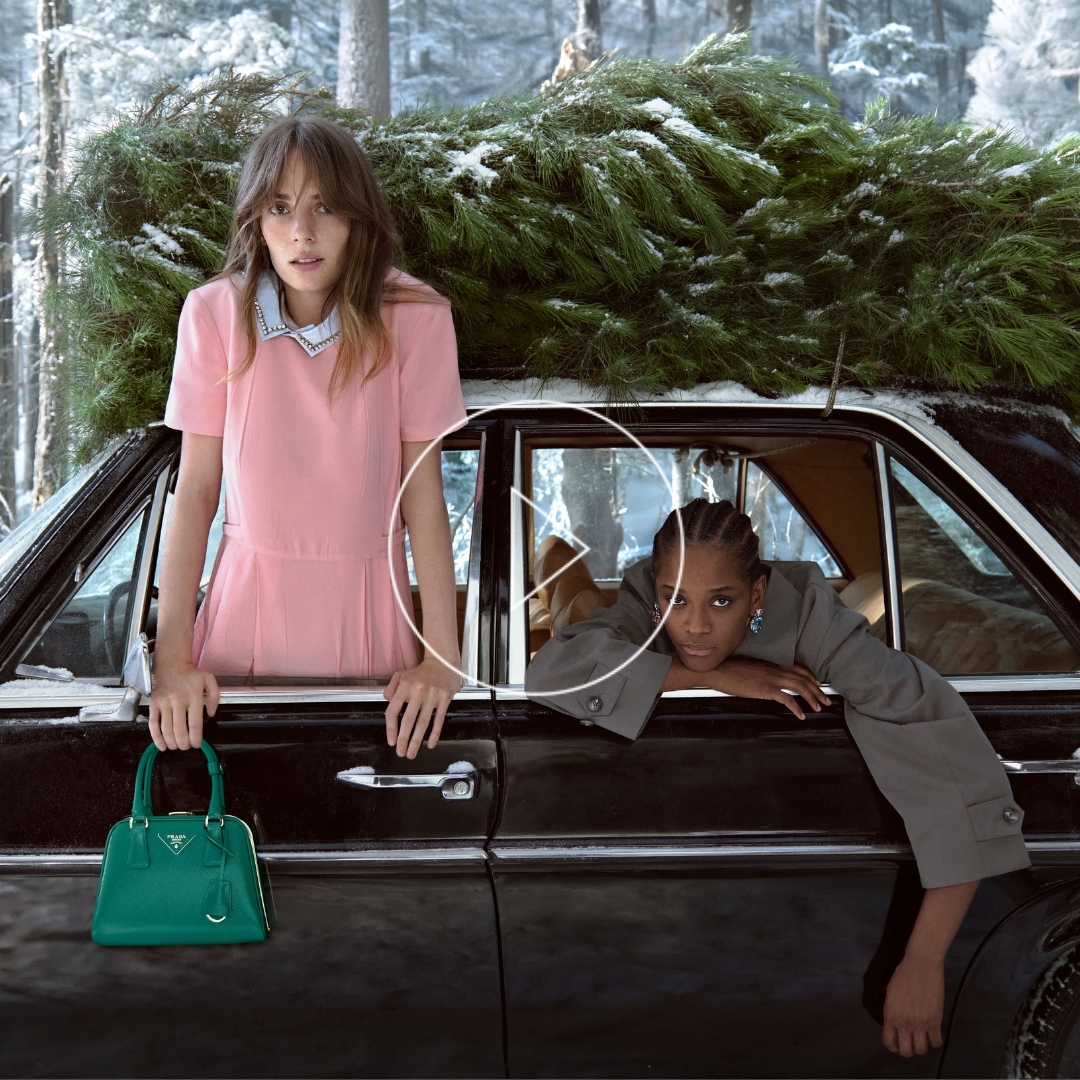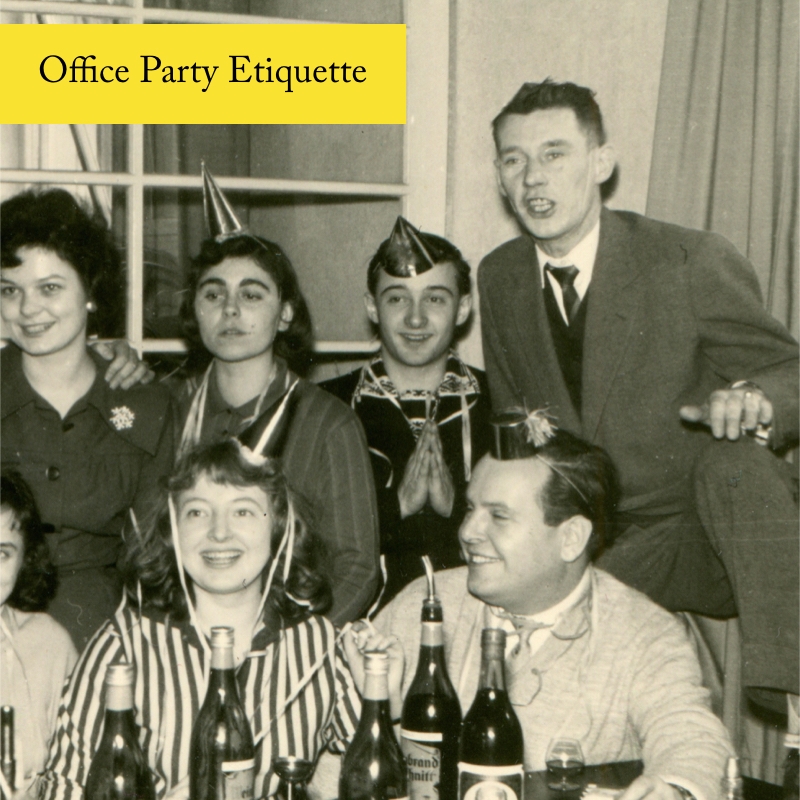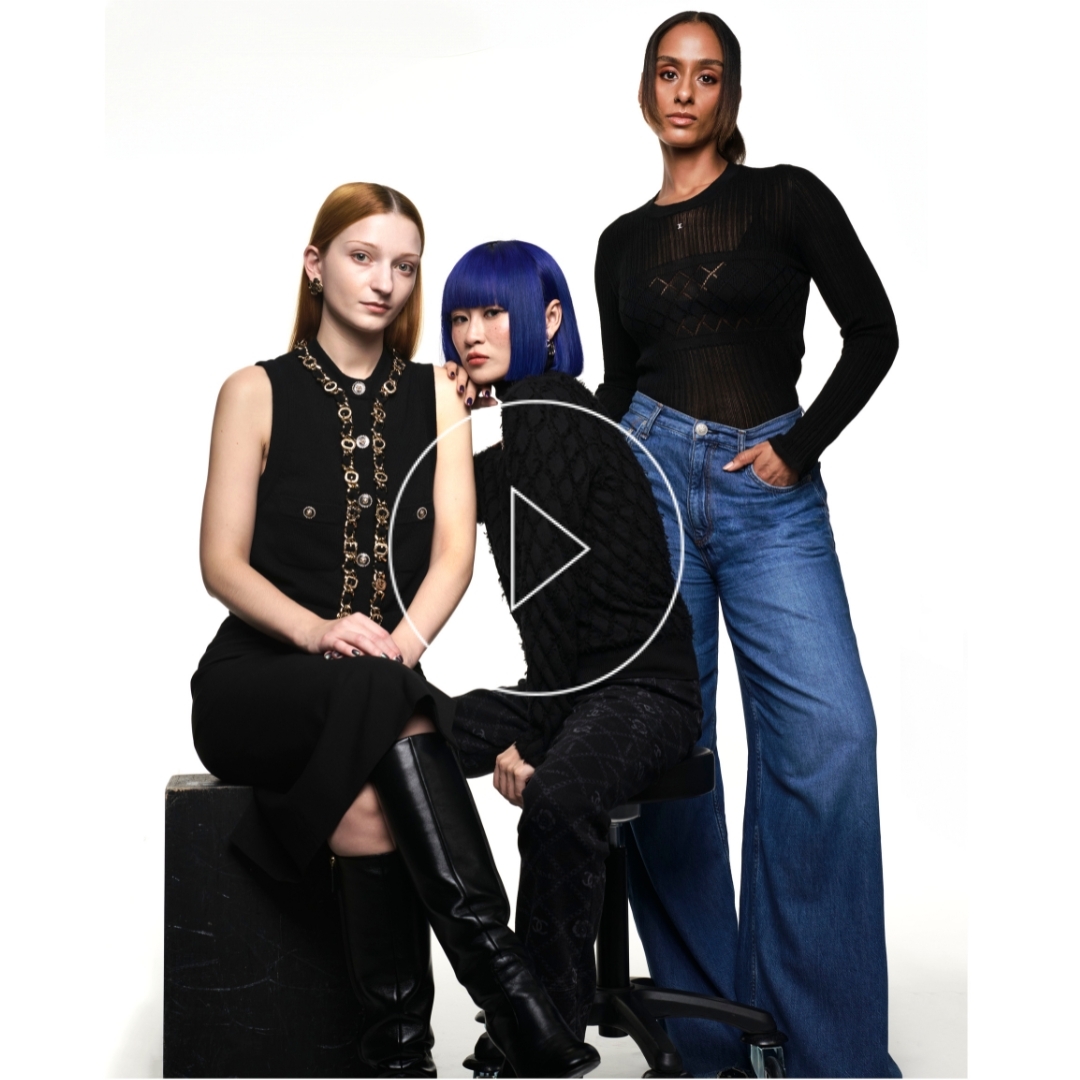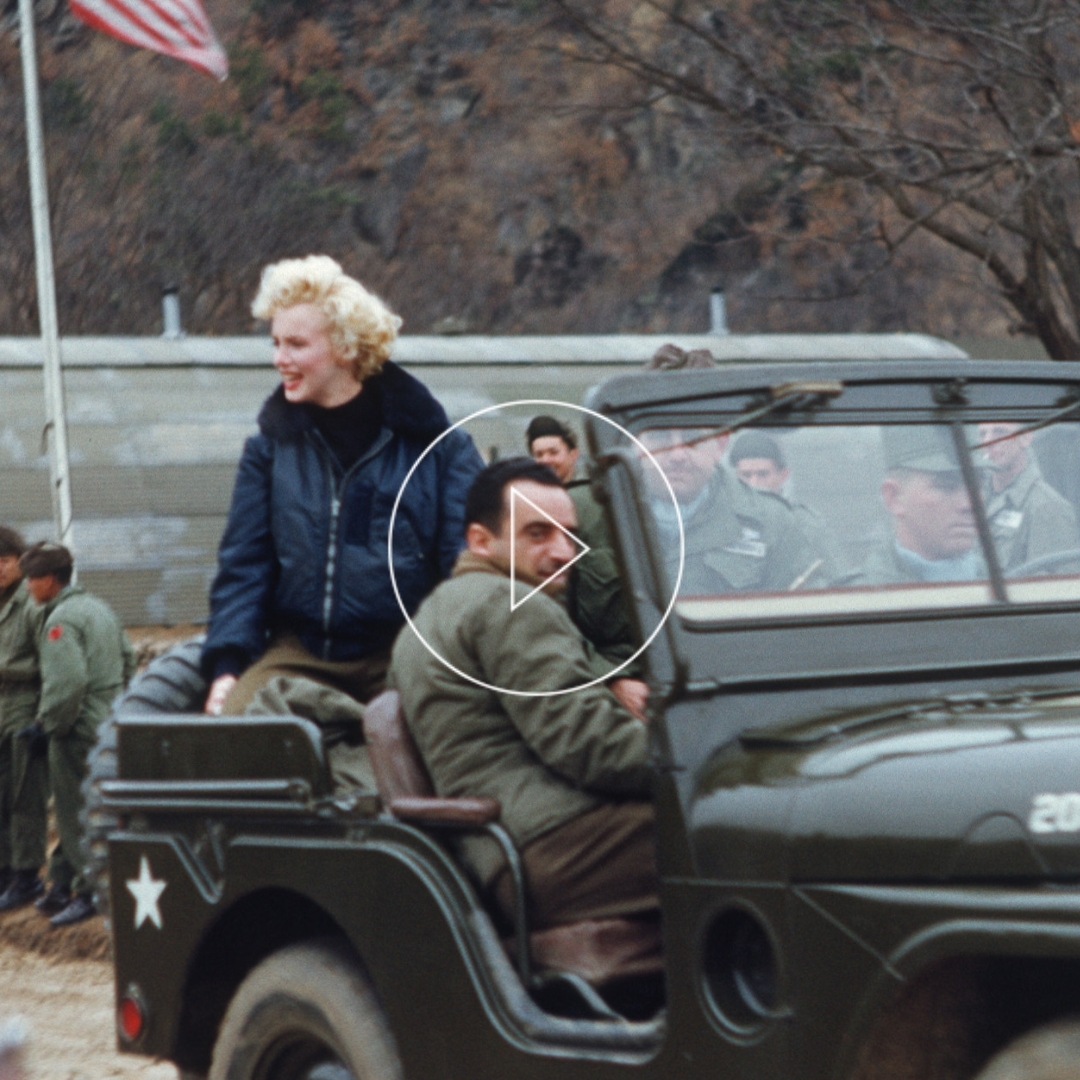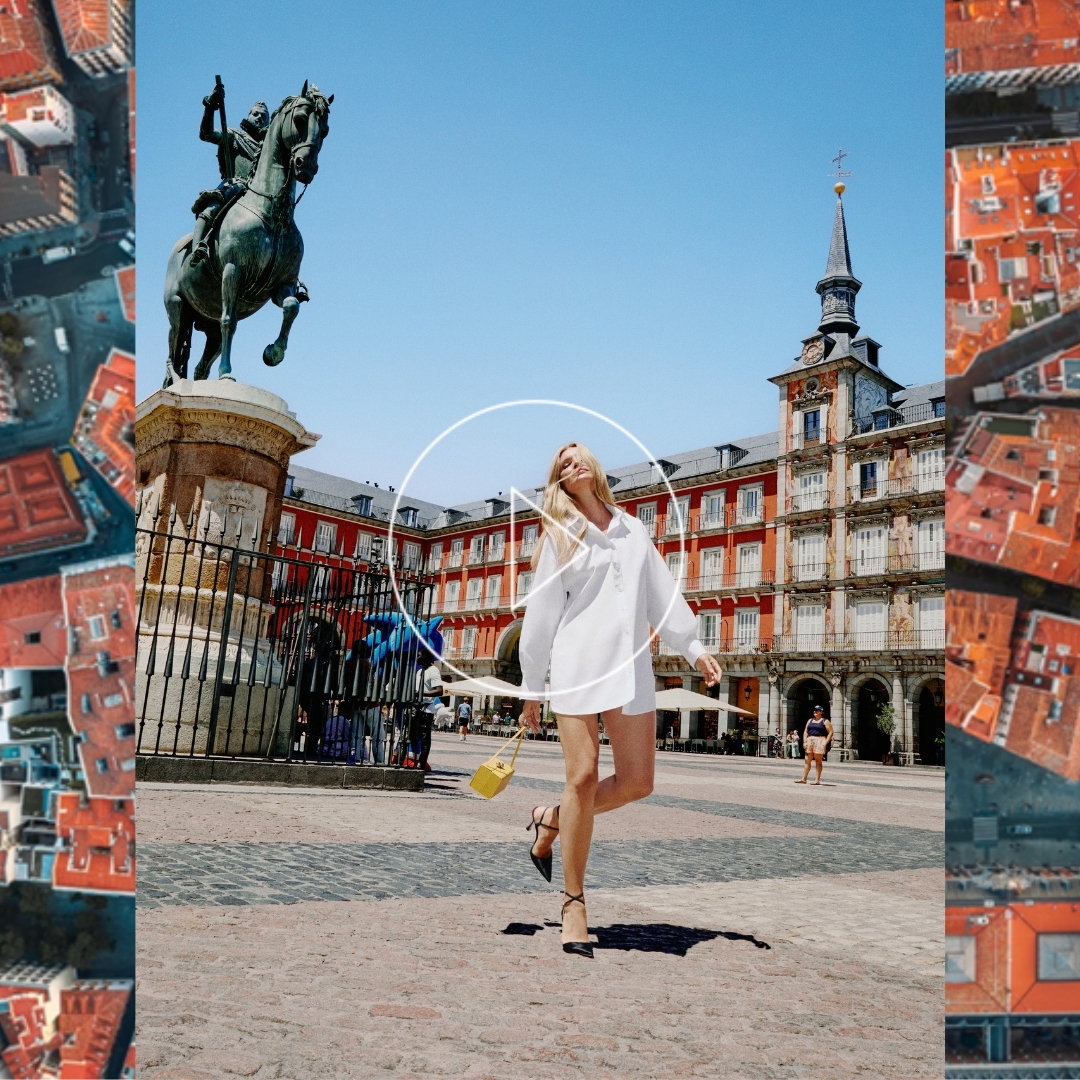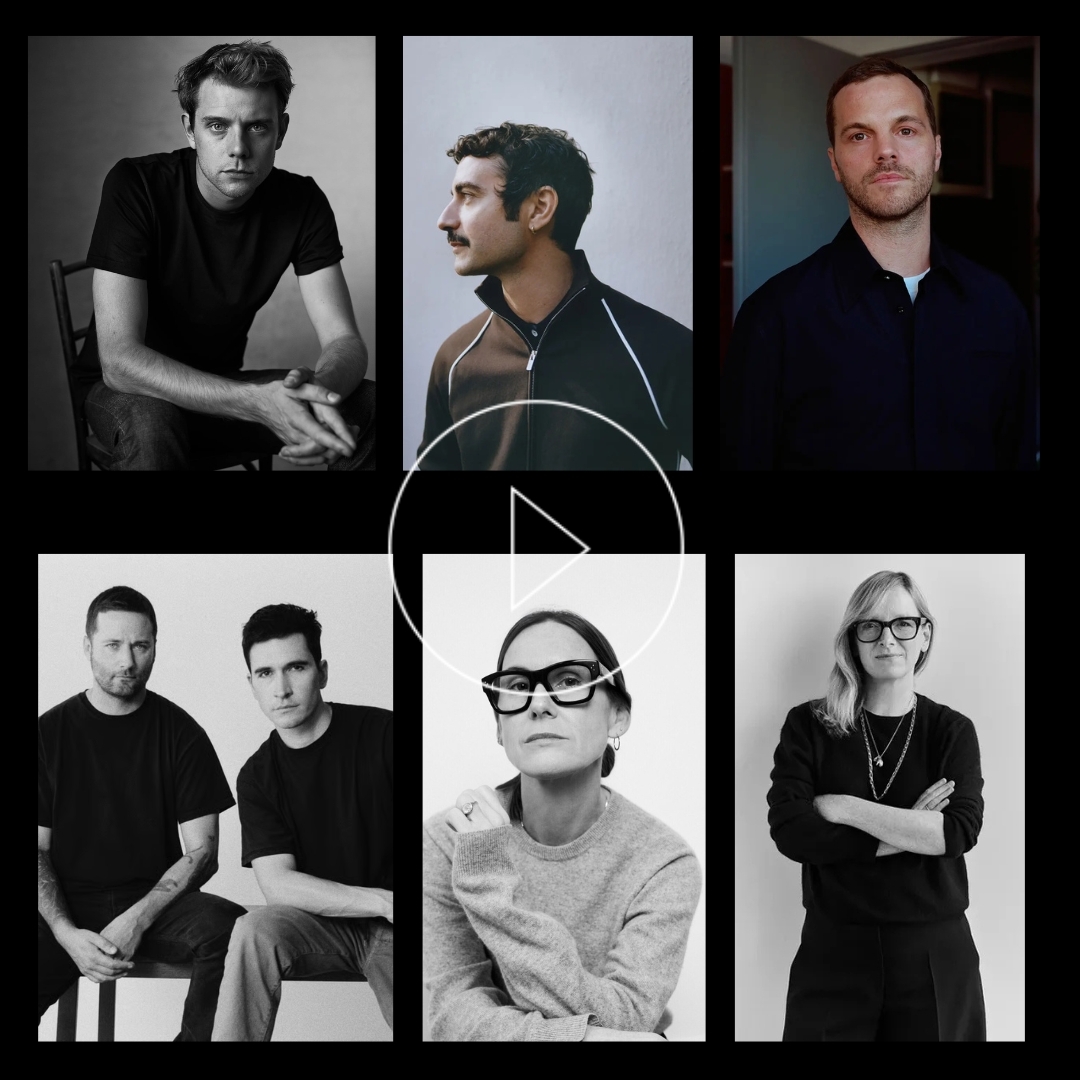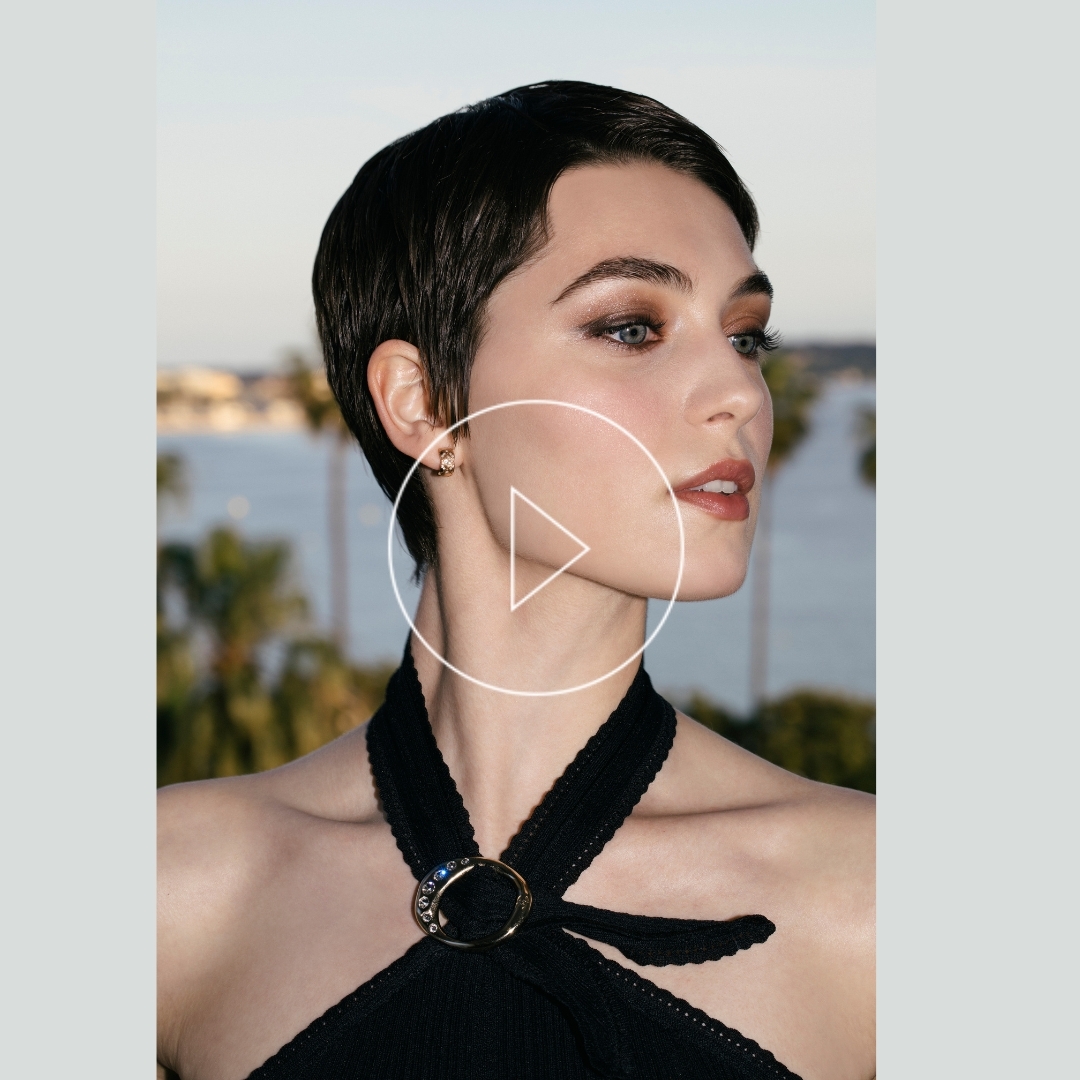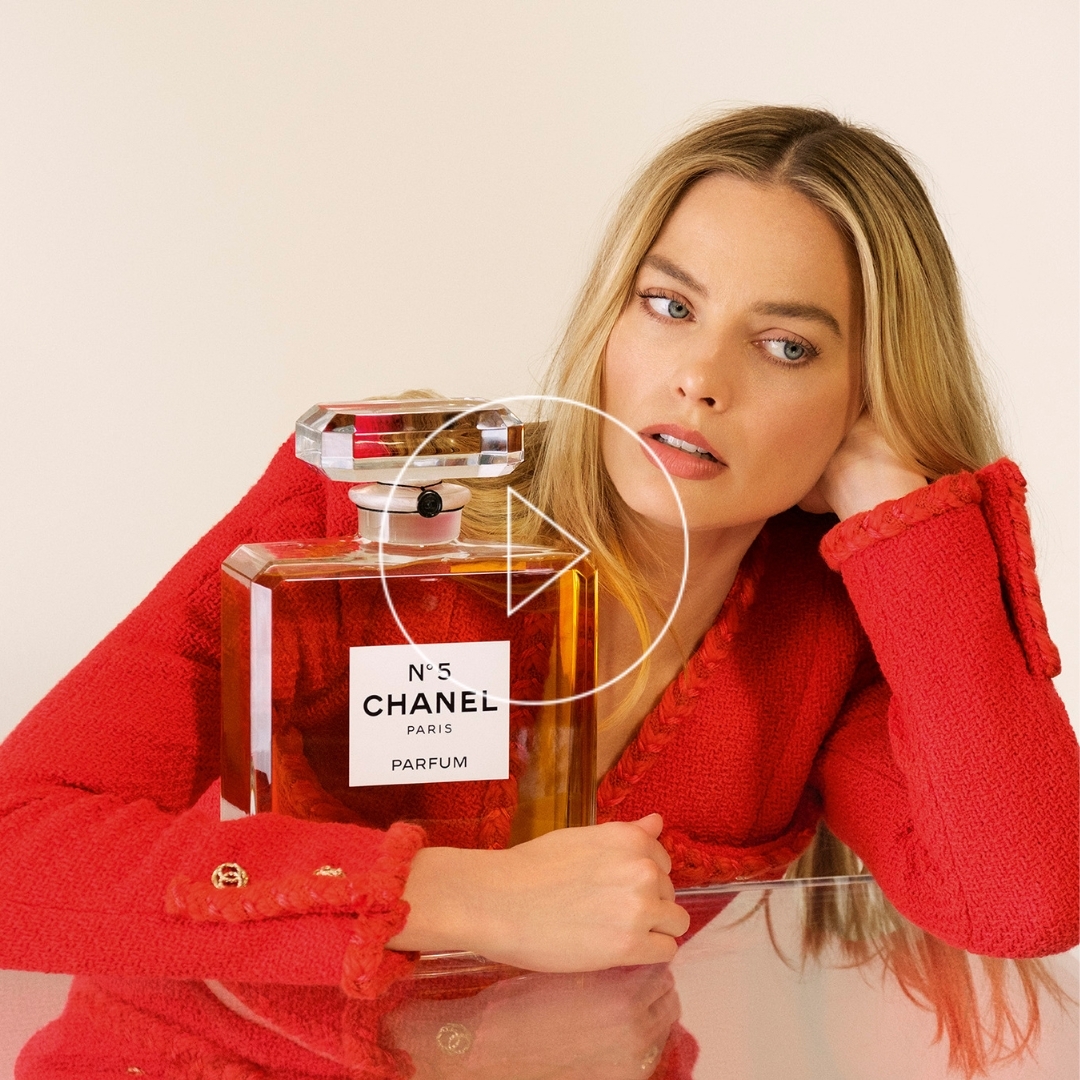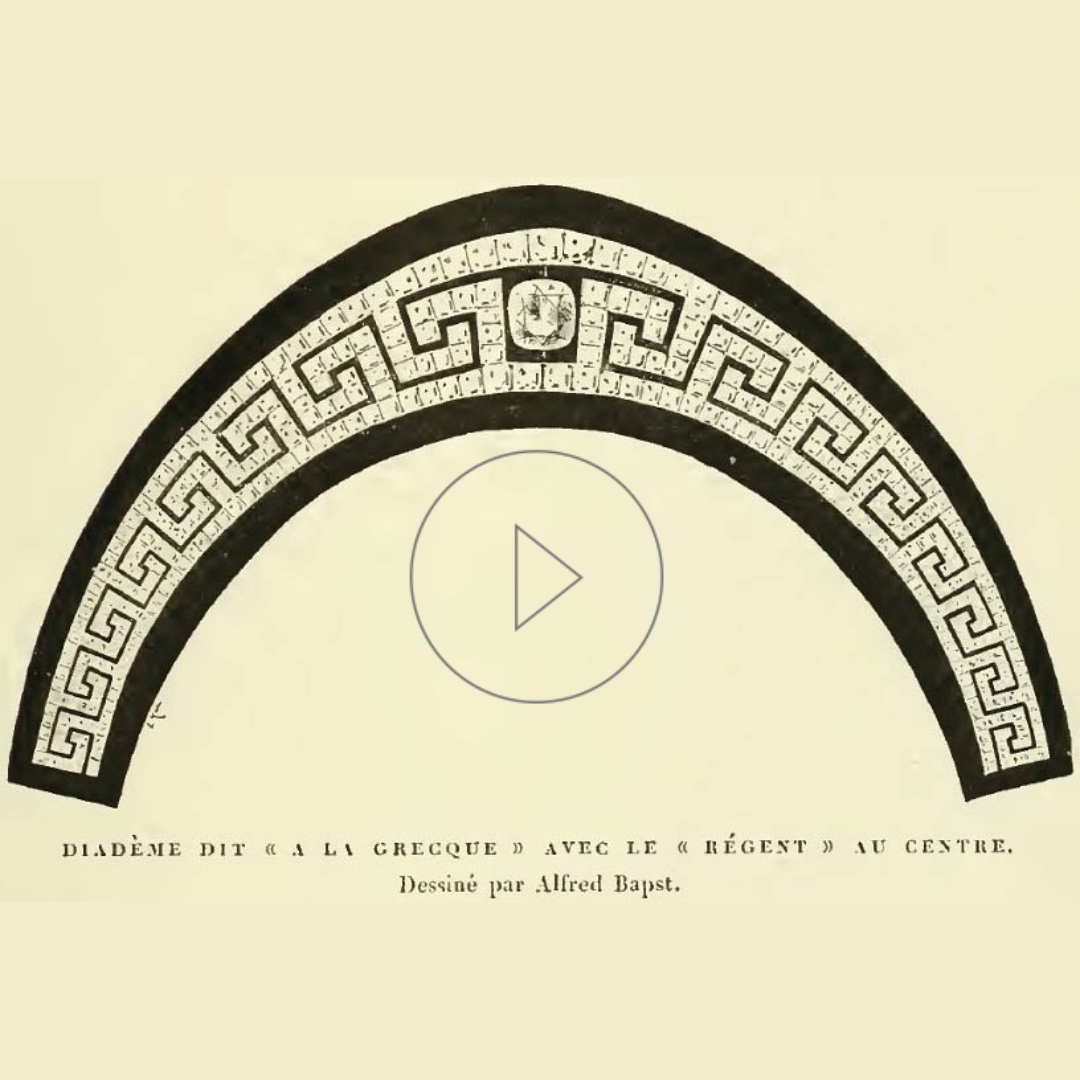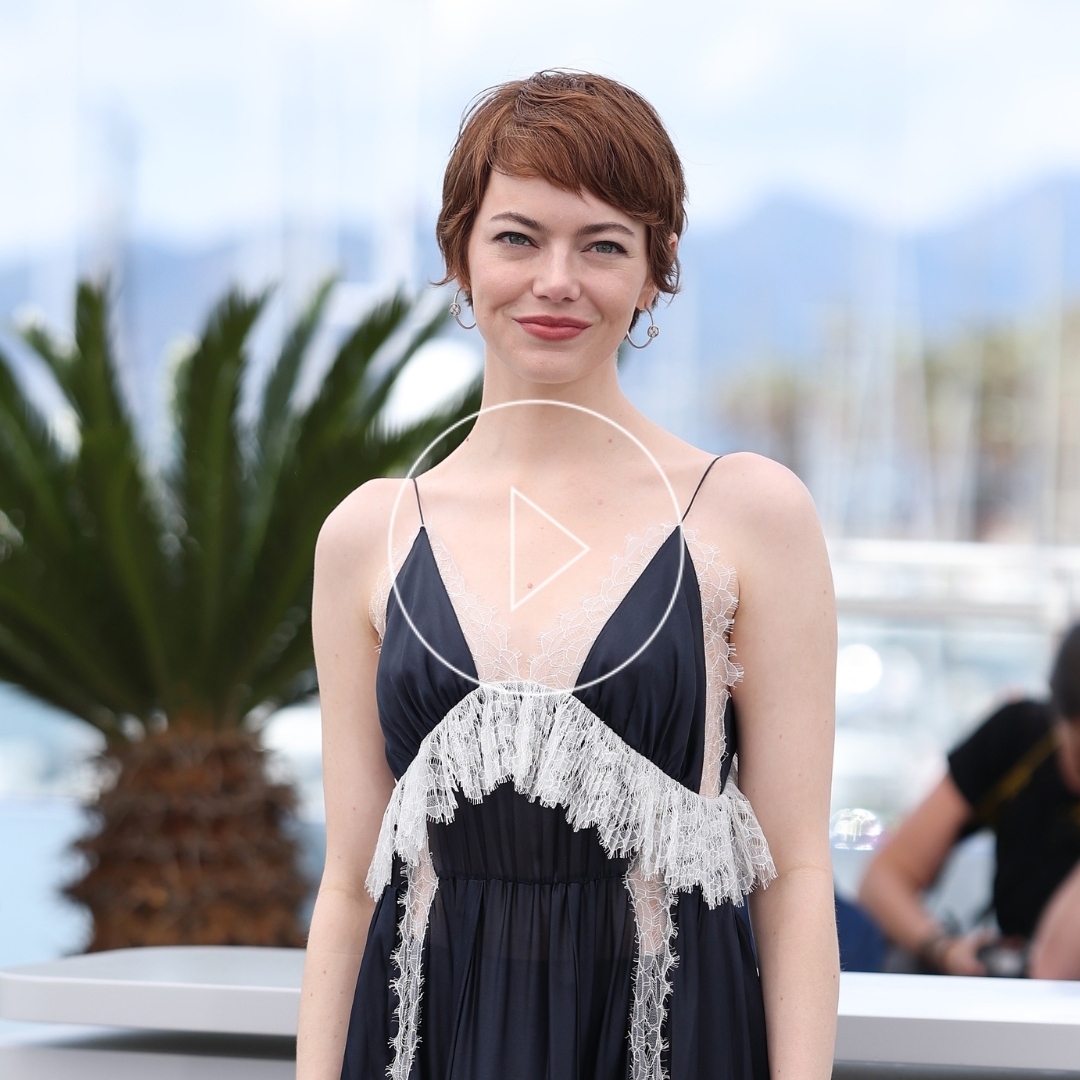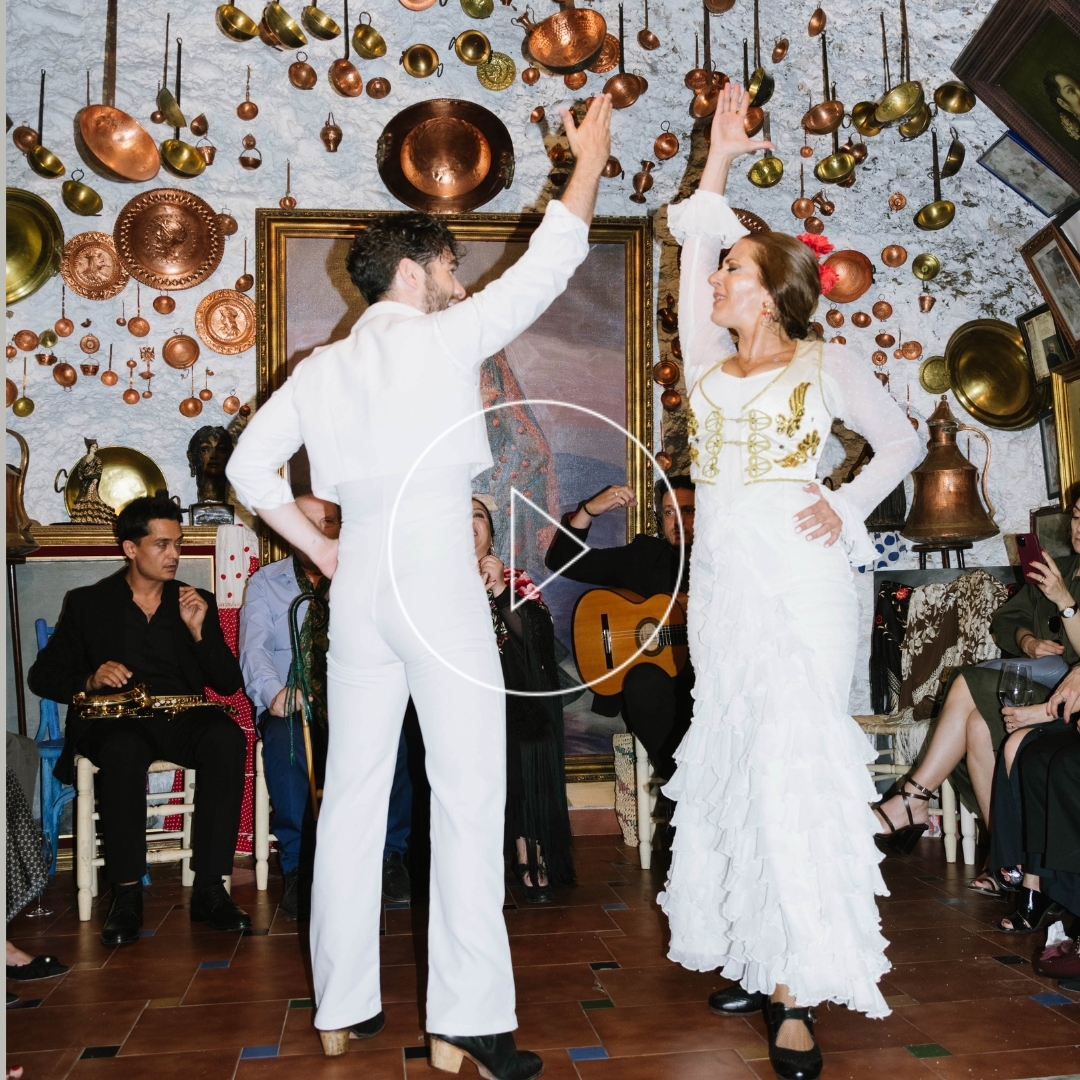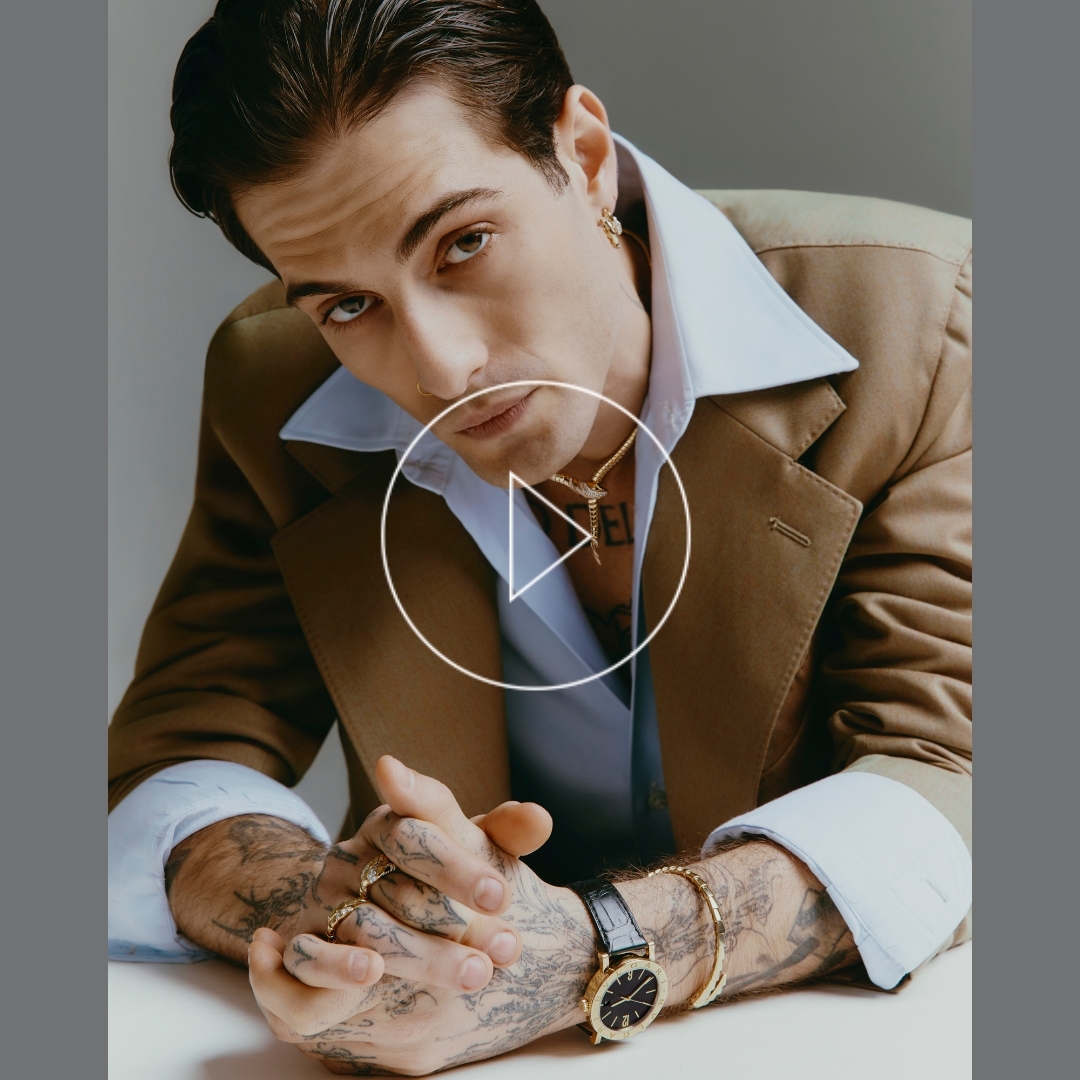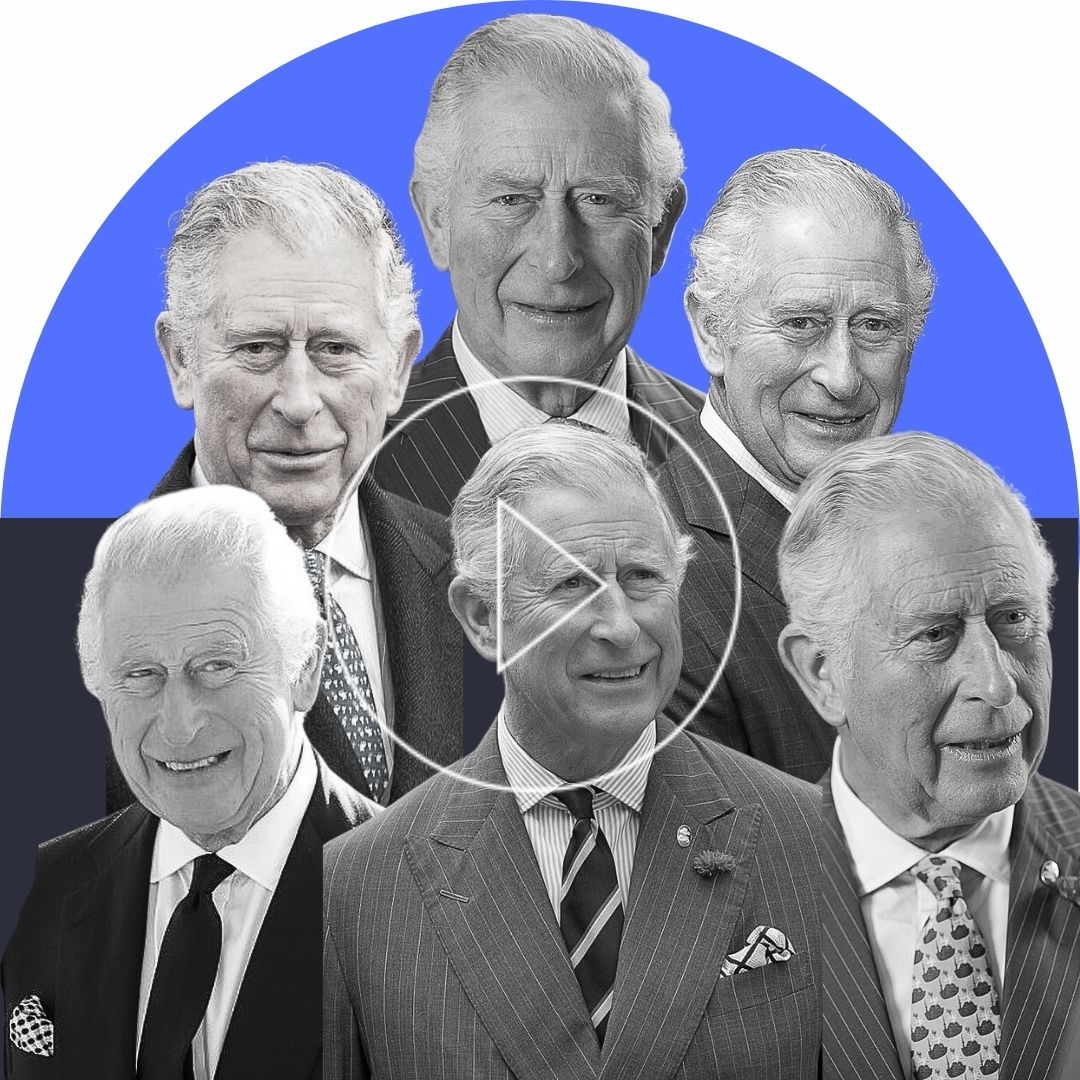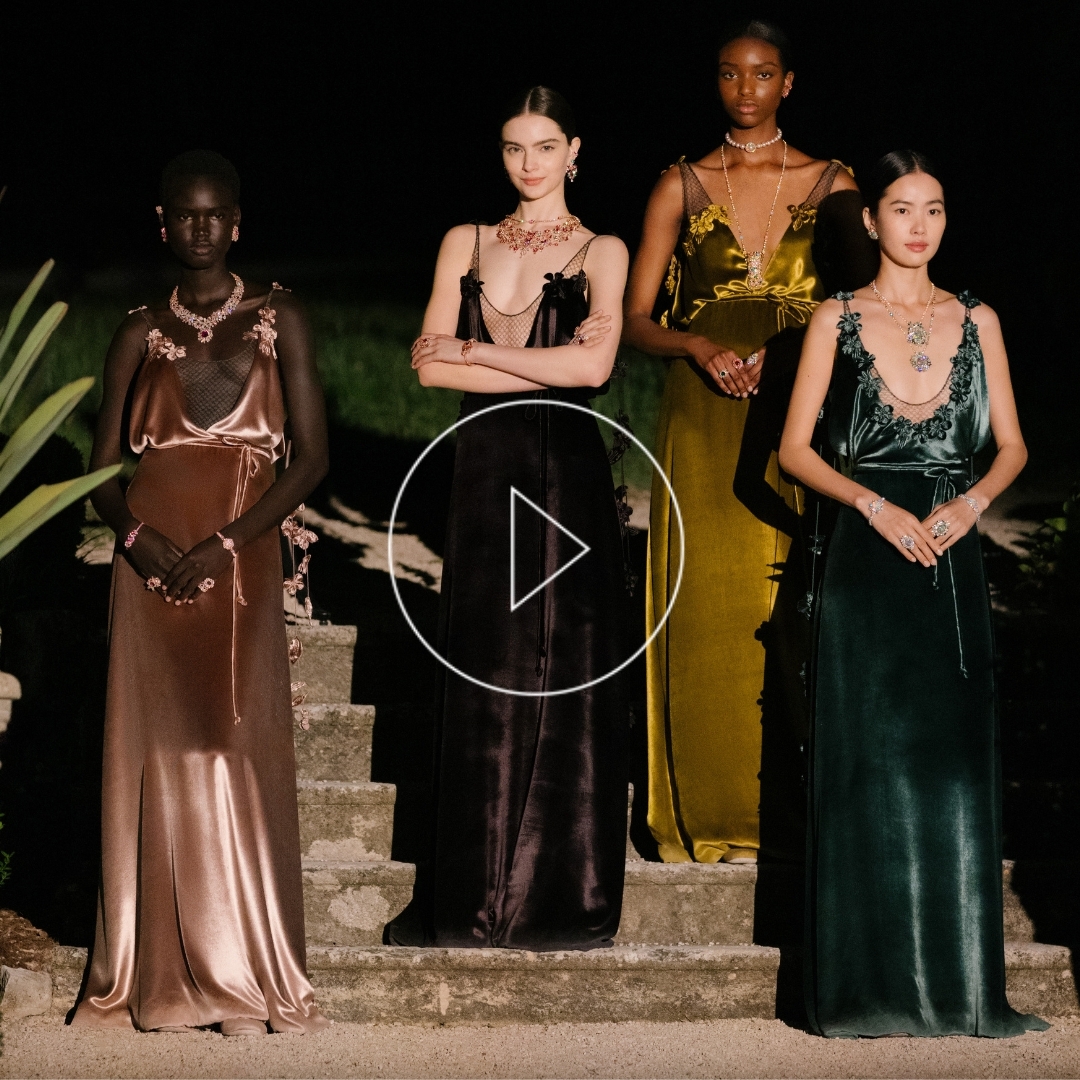Details You May Not Know About the Portraits of the Spanish Royal Family
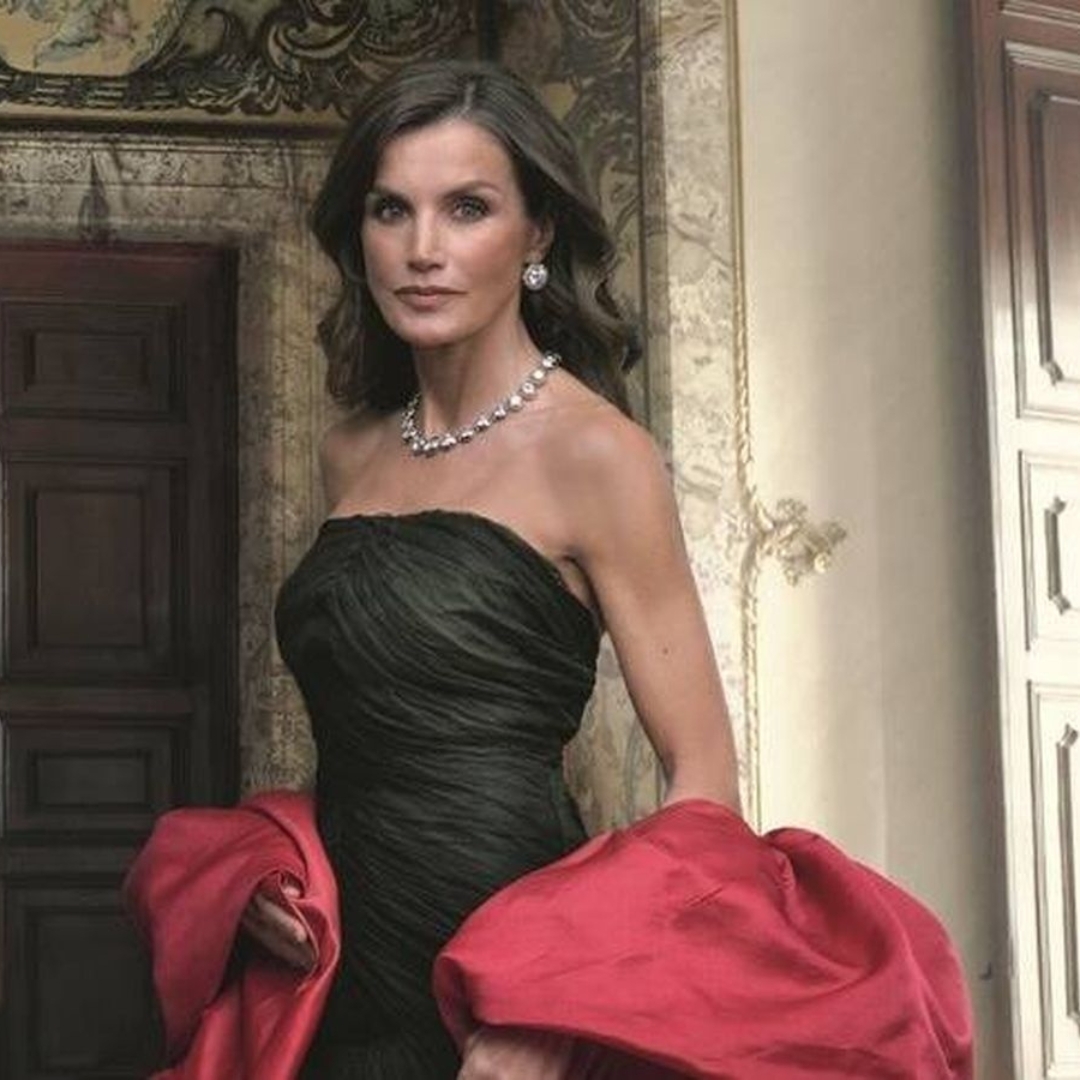
Spain holds a special place in our hearts, as it’s where our editor-in-chief’s father was born. That’s why reading Spanish newspapers is a must in our newsroom. Our favourite? The independent El Confidencial, which recently revealed fascinating details behind the latest portraits of Spain’s King and Queen. As you might have heard, King Felipe VI and Queen Letizia were photographed by none other than Annie Leibovitz for the Banco de España collection.
Behind the Scenes of the Royal Portraits
Ten months after the photoshoot, the new portraits of King Felipe VI and Queen Letizia were finally unveiled. Annie Leibovitz was paid €137,000 to produce images that embody her iconic style. The result is as stunning as expected.
The portraits reflect the same lighting and graphic treatment Leibovitz used for her famous images of the late Queen Elizabeth II—subtle, restrained, yet undeniably powerful. Every detail in these portraits, however, was carefully orchestrated by the photographer herself.
The Portrait of King Felipe VI
Leibovitz photographed King Felipe in full ceremonial dress. He wore the Toisón de Oro (Golden Fleece), the uniform of the Capitán General del Ejército de Tierra (Captain General of the Spanish Army), and the sky-blue sash of the Order of Carlos III. The Gasparini Room in the Royal Palace, traditionally used for formal receptions, was chosen as the setting to emphasise the regal atmosphere.
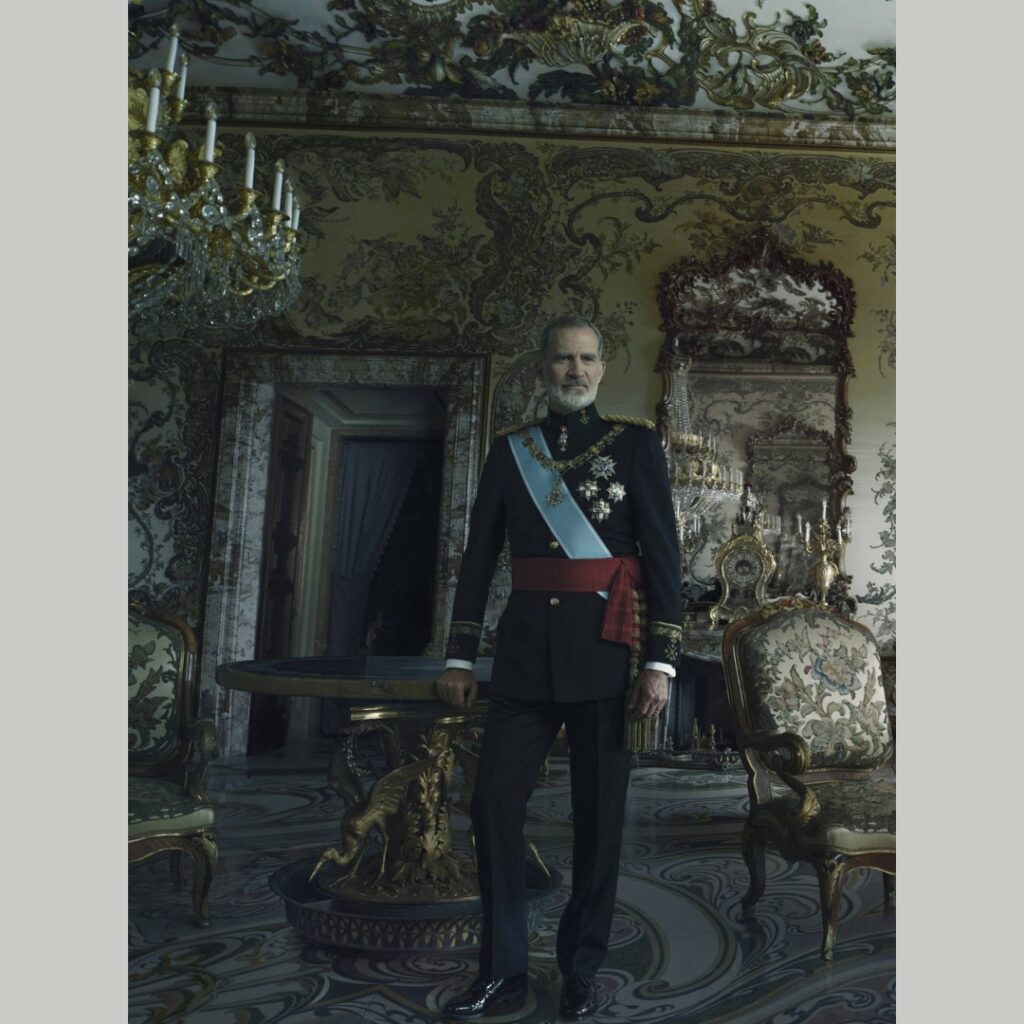
The King is portrayed with grandeur, but Annie Leibovitz took a different approach to Queen Letizia’s photograph. Breaking from tradition, the Queen appears without a crown or royal orders. Instead, she is shown in a breathtaking evening gown, capturing the spotlight as the King’s consort in an entirely new way.
The Portrait of Queen Letizia
While Queen Letizia is photographed without a crown or official insignia, her look is nothing short of majestic. She wears a black mermaid-style gown designed by Cristóbal Balenciaga in the 1940s, made from pleated tulle. Over her shoulders, a dramatic red cape—also by Balenciaga—adds a striking contrast. The cape, created in the 1960s from wild silk, and the gown were loaned by La Fundación Antoni de Montpalau.
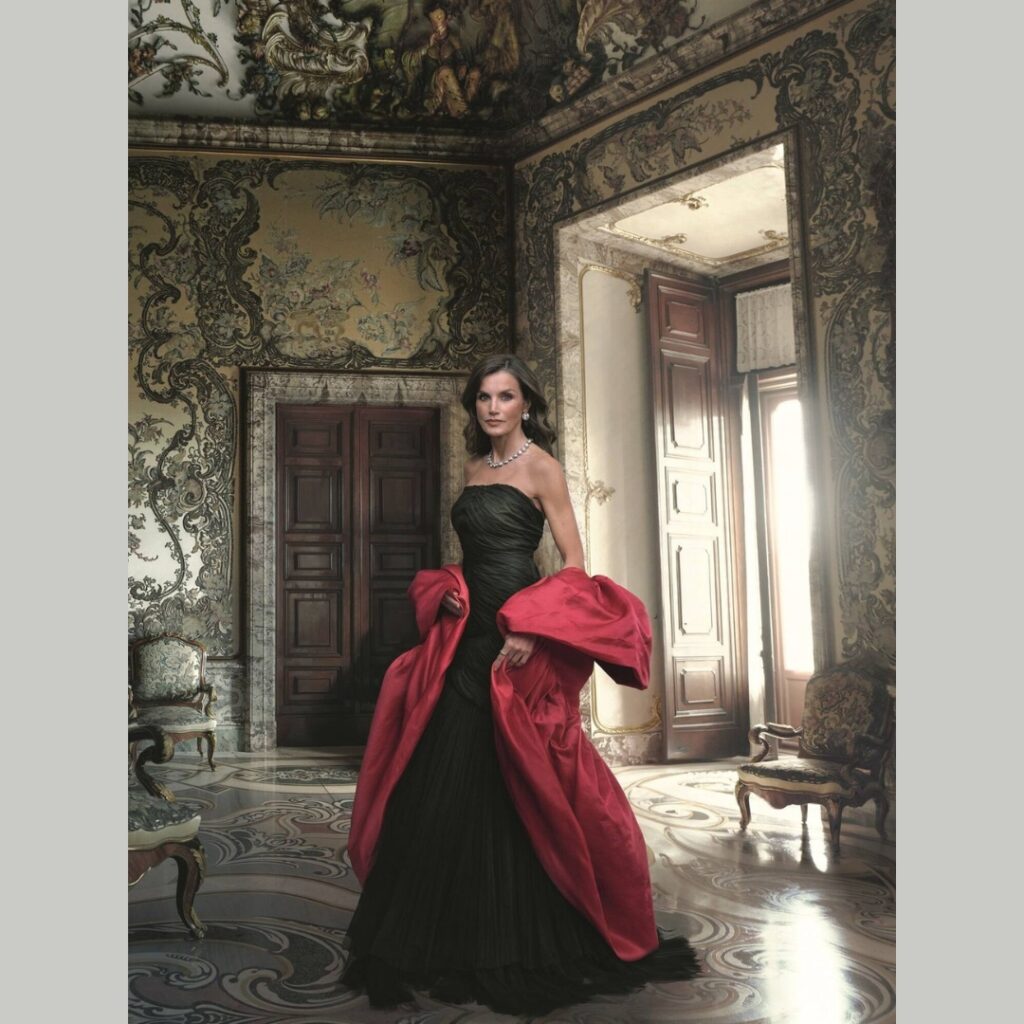
Her jewellery, however, comes from the Royal Family’s collection. She wears a diamond choker and earrings created by Casa Ansorena in 1906. The ensemble is a flawless balance of elegance and historical significance.
The Setting for the Royal Portraits
The five-hour photoshoot took place in the Gasparini Room of the Royal Palace. According to the palace, this chamber was historically where the King dressed and held private audiences. It’s no surprise that King Carlos III ensured every detail of its decoration was perfect, commissioning intricate designs from his court painter, Mattia Gasparini, who followed him from Naples.
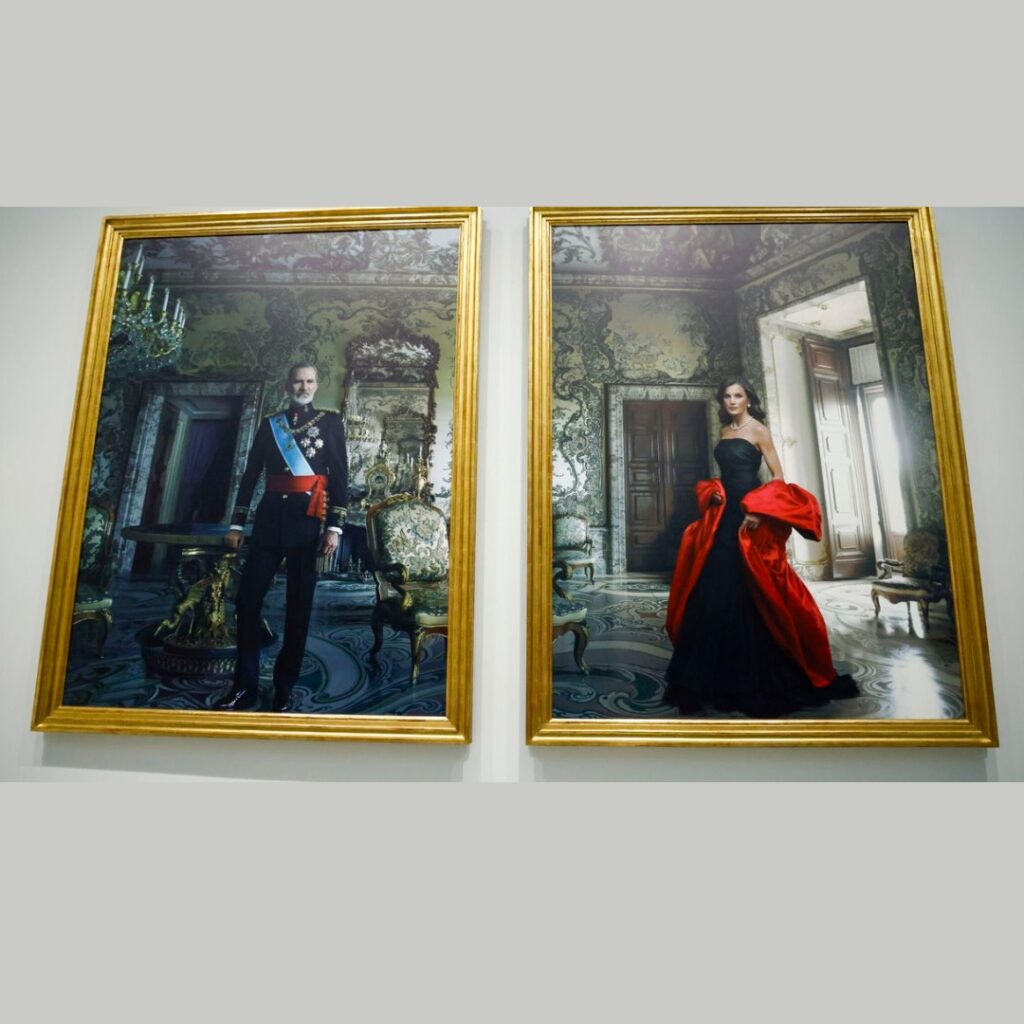
In the portraits, the King is depicted in a dark, formal tone, while the Queen’s image uses natural light and the bold red of her cape to create a brighter, more vibrant feel. The contrast between the two images is deliberate, striking a balance that underscores their distinct roles.
The final message is clear: he is the King, stately and reserved, while she, dressed in exquisite gala attire, is the Queen Consort—each firmly in their role, with no unnecessary defiance of tradition.
Images courtesy @Banco de España
SHARE

